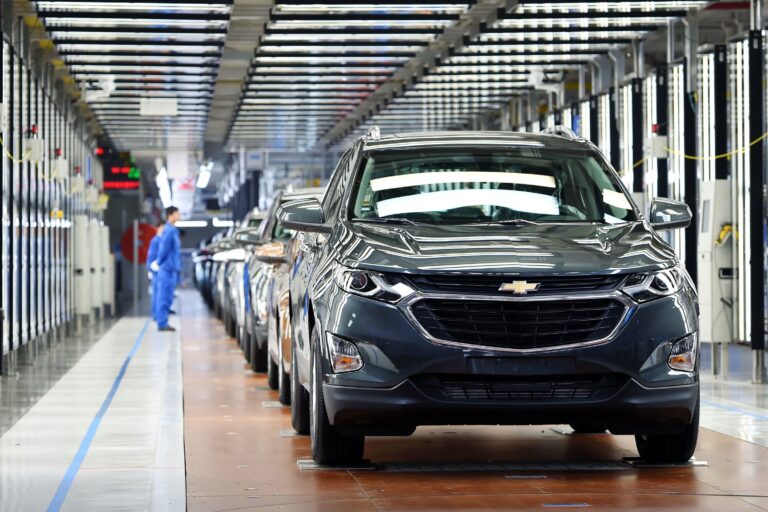“I don’t want to sound too dramatic,” said Michael Dunn of Dunn Insights, who has studied markets in China and other Asian countries for nearly 30 years. “What I’m realistically saying is that within the next five years, Ford, GM, Hyundai, Kia and Nissan are likely to leave China. They can no longer compete with the Chinese. .”
GM’s sales in China (including sales from joint ventures maintained in the country) declined from a high of 4 million units in 2017 to 2.1 million units in 2023. This is the first time since 2009 that sales have fallen below U.S. sales of 2.59 million units.
Equity income from the country, a measure of how much GM makes in its second-largest market, fell 34% for the year to $446 million, and 54% year-over-year in the fourth quarter alone. .
Several factors are contributing to the decline of US automakers in China.
Chinese automakers have learned much from foreign automakers, with whom long-standing laws required them to partner in order to operate in the region. Later, these successful Chinese companies acquired foreign brands such as British brands MG and Lotus and Sweden’s Volvo. China-based companies, including BYD, in which Berkshire Hathaway owns a stake, also saw a surge in outside investment.
The Chinese market has changed dramatically over the past decade. In this country, the concept of a car being a spinning computer or smartphone has become a reality. In fact, recent entrants include mobile phone manufacturers Xiaomi and Huawei.
Bill Russo, a former Chrysler executive who runs AutoMobility, a consulting firm in Shanghai, says that’s exactly why U.S. automakers shouldn’t give up on China despite the U.S. company’s sales slump. He said these changes over the past few years are here to stay.
“If you don’t compete in China, what are you going to do if China shows up in your backyard?” Russo said. “How do you know how to compete with them? I’ve never even tried.”

